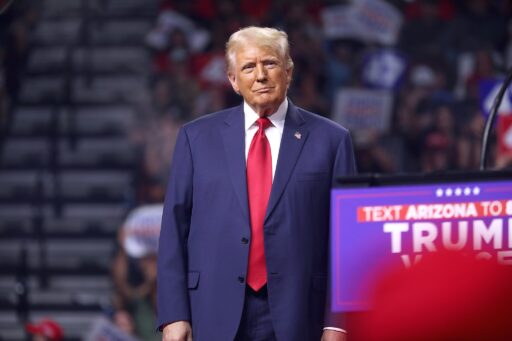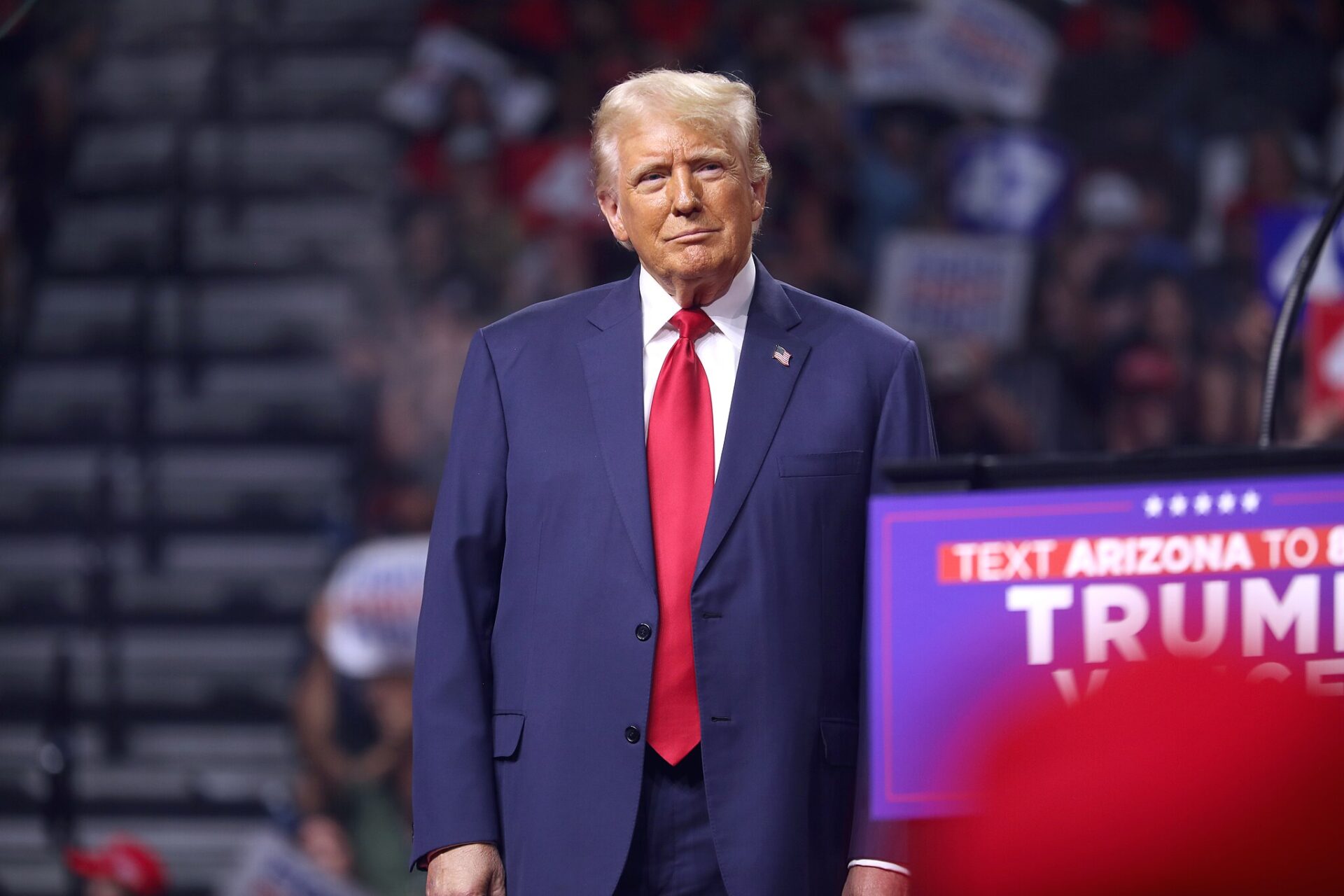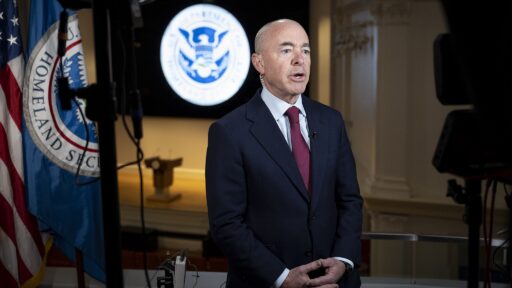Supreme Court Makes Shocking Decision
The U.S. Supreme Court has decided not to intervene in a controversial rule issued by the Biden administration aimed at regulating the disposal of coal ash from legacy coal plants. The rule is designed to prevent toxic waste from leaking into nearby groundwater, a concern tied to the closure of coal plants that have stored coal ash in ponds for decades.
In a brief order, the high court denied an emergency request from East Kentucky Power Cooperative, which sought to temporarily block the rule while its legal challenge moves through the lower courts. The Court did not provide any explanation for its decision, nor did it offer any dissenting opinions.
It’s important to note that this decision does not indicate that the Court agrees with the rule’s substance—it simply means the justices are not willing to put a stop to its enforcement at this point in the legal process. The case is still pending in the lower courts, where arguments about the legality and potential economic impact of the rule will be debated.
The regulation in question requires coal plants that closed before October 19, 2015, to take immediate action to prevent coal ash, which contains harmful substances like mercury and arsenic, from contaminating the environment. Specifically, it mandates that these plants must implement measures to stop the dangerous waste from leaching into the ground from storage ponds.
East Kentucky Power Cooperative has argued that the rule could impose substantial financial burdens on the company, with compliance costs that could be impossible to recover. While the Court has declined to block the rule for now, the issue is far from settled, and it will continue to be a contentious topic as litigation moves forward.
For those concerned about overreach by the federal government, this ruling serves as a reminder of the ongoing push from the Biden administration to impose stringent environmental regulations—often at the expense of businesses and local economies.







